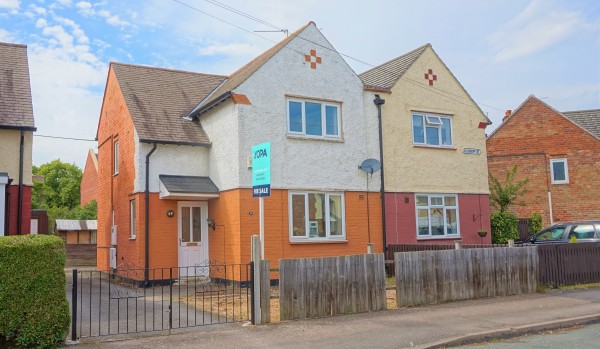

If you have received a letter from the council offering the chance to purchase your council house, this guide is for you. Under the Right to Buy scheme, you now have the option to purchase your council property. But having the option available doesn’t always mean that you will be eligible for a mortgage.
In this guide, we will look at the Right to Buy scheme and explore how you can maximise the benefit of this scheme. We’ll also answer some of the most common questions asked by Right to Buy applicants.
Absolutely, an increasing number of lenders are allowing those with poor credit to purchase their council house. This means you may be accepted with missed payments, debt defaults or even CCJs. In the case of an IVA or bankruptcy, you are less likely to be accepted as these are considered to be more severe forms of debt.
What is unique about the Right to Buy scheme is that you will be offered a discount on the property. This discount can be used in lieu of a deposit, so the difference between the discounted price and the open market value is essentially your deposit. If the bank needed to repossess and resell your home if you failed to keep up with payments, they would be able to sell it for more than the original mortgage amount.
Imagine the open market value of your home is £200,000 and you agree to buy it for £150,000. You can borrow the entire £150,000 as a mortgage, which is effectively a 100% mortgage. The “deposit” would effectively be 25%.
Some lenders will allow you to do this. The reason for the additional funds will typically have to be for home improvements or to cover fees associated with the purchase. The total mortgage will typically be capped at 75% of the open market value, so you might not be able to access this type of funding without putting down a deposit.
Speak to Niche Mortgage Info about how you can borrow above the discounted amount. You will have to seek permission from the local authority to secure additional funding. This process is known as “unconditional postponement of their charge”.
As always, this depends on the property, your circumstances and the lender you approach. Lenders will look at things like your age, income, existing financial commitments and dependents to reach a figure they would be comfortable with. Working with the Niche Mortgage Info team, we can help to sort through your finances and determine how much you are likely to be able to borrow.
If you are in receipt of benefits, this may be counted as a secondary income. You may also be able to use a guarantor such as your children to provide additional support to your application. This is a common step for families with adult children who wish to purchase the family home to help with their parent’s retirement.
An adult child with their own career and income may want to help their parents purchase their own home. This can be achieved in a few different ways. First, the child could purchase the property with their parents and be listed on the Right to Buy papers. Second, the child could be listed as a guarantor on the application. In this instance, your income would need to cover the entire mortgage (even if you aren’t planning to be the one paying it) plus your own monthly expenses.
An example of this would be Amy. She is a marketing manager earning £50,000 per year. She owns a home in Manchester with a value of £350,000 and £125,000 left on the mortgage. Her parents are offered the option to purchase their home in Leeds for £75,000.
As a guarantor, her total mortgage liability would now be £200,000. She would need to find a lender willing to offer a mortgage of 4 times her annual income (£50,000 x 4 = £200,000) to cover this mortgage. This would be easily achieved, provided her credit history was in good standing.
It’s not uncommon for retired individuals to use the Right to Buy scheme. As with any application, the lender would need to be comfortable that your retirement income would cover the mortgage.
Many lenders also have a maximum age for mortgages, which is typically 70 to 75. You could need to approach a specialist lender to find a Right to Buy mortgage above this age, and this is what Niche Mortgage Info can help you to achieve.
Remember that the market is always changing, so you need to seek advice from a whole-of-market broker with up-to-date knowledge of the lending products available.
This will all depend on the lender, but in general, you can expect to be asked for the following documents:
If you have received your Right to Buy notice and want to know where to start with your application, we can help guide you in the right direction. Click here to get in touch with our team and we will help you to understand your position and how to move forward with your purchase.
